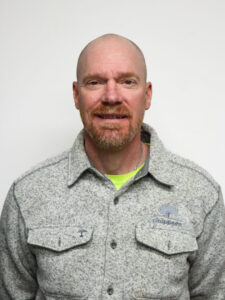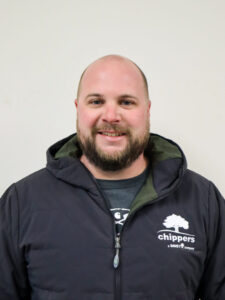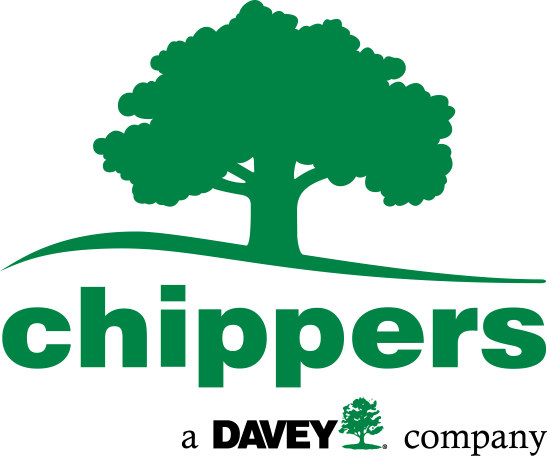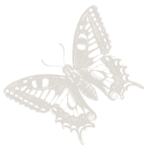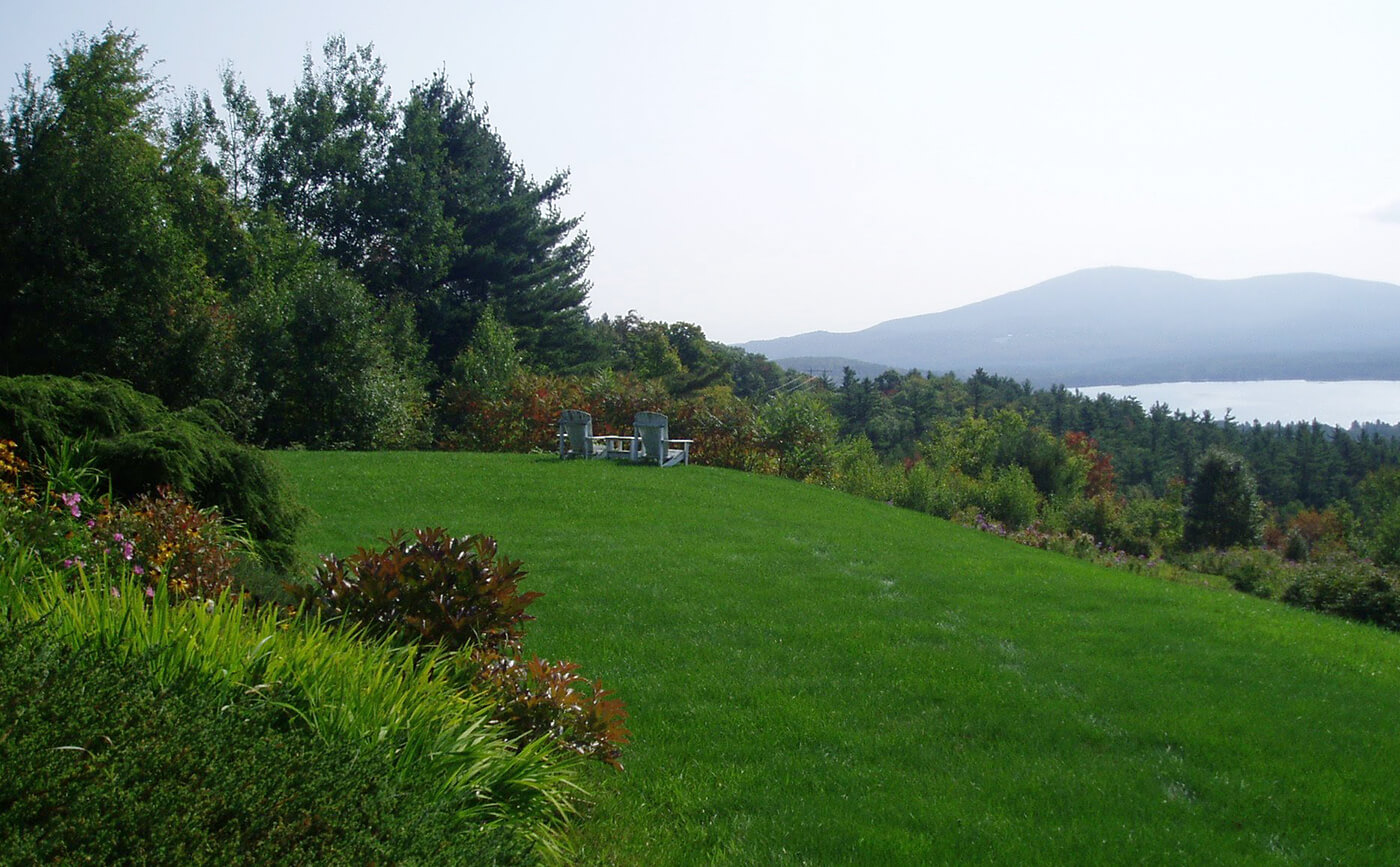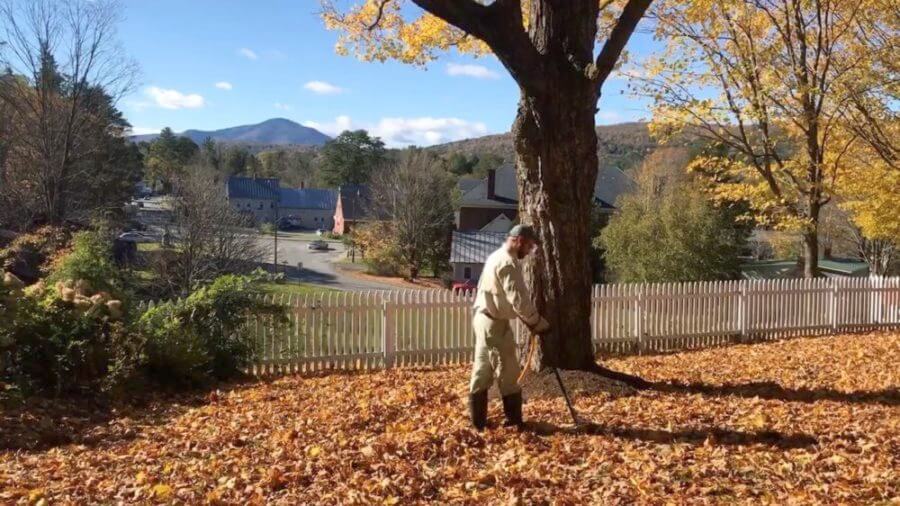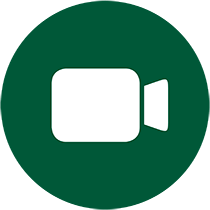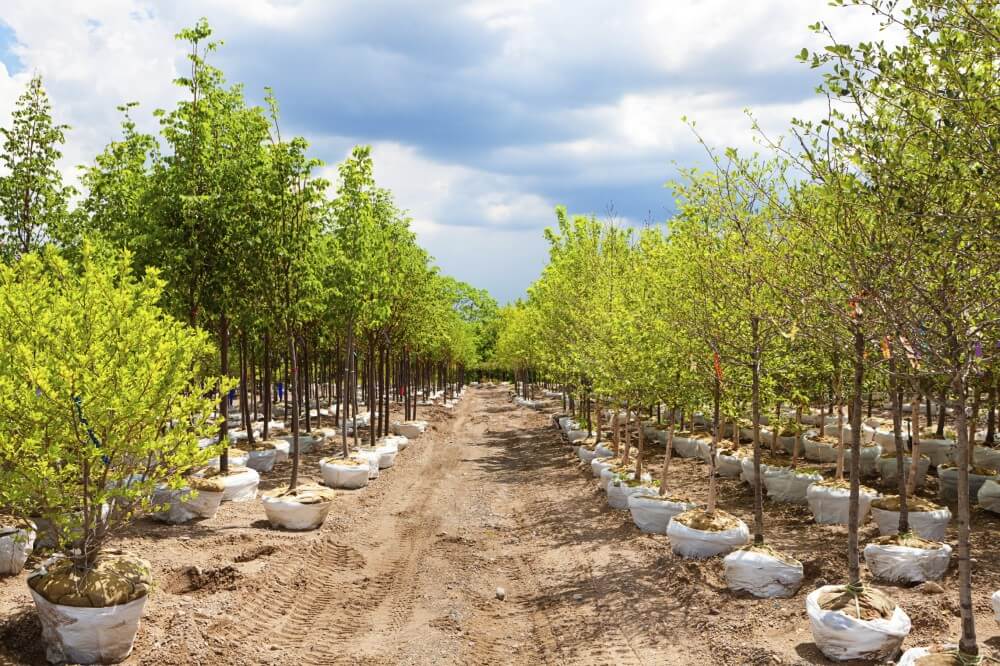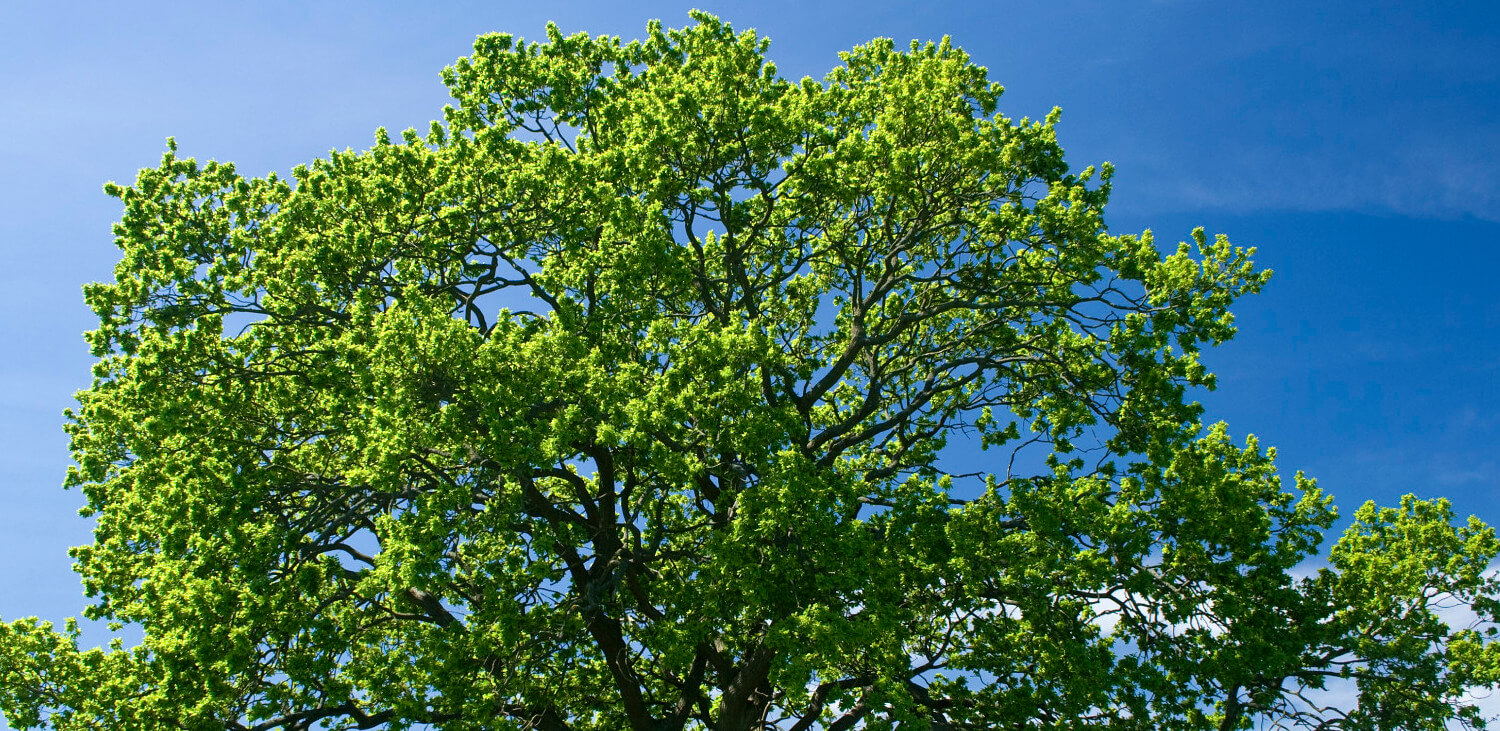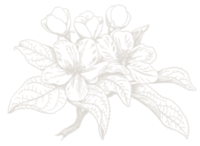Scenic View Improvements
Work with one of our ISA Certified Arborists to determine how to best improve your view. Did you know that winter is often the best time for view enhancement work? Without leaves on the trees, we can see the view potential and since the ground is frozen, damage to your lawn, garden or forest floor is minimized.
Vegetation Control
Eliminate or reduce unwanted grasses, weeds and young woody growth to maintain open spaces. Ideally, vegetation control should be done twice a year, mid-summer and late fall. Our vegetation control specialists manage unwanted vegetation by mowing (see Field Mowing below) or by weed whacking for the harder to access areas. If left unattended for more than a couple of seasons, removals will then require more man power and/or heavier duty equipment.
Field Mowing
Field mowing is an important part of your property maintenance. Mowing should be done twice a year to keep your fields from getting overgrown with weeds and saplings. Our tractors are able to get into very tight and steep spots that are not accessible by haying equipment. Our flail mowers provide a nice finish mow and leave your fields looking uniform and smooth. We have a brush hog for those fields that have gotten a bit overgrown with young saplings/woody stems that are too big for our flail mowers.
Brush Chipping & Woodchips
Remove brush from most locations or expel the woodchips onto your forest floor as mulch. We also chip brush piles you have created, and have chips available for pick up for bedding, trails, playgrounds, etc. at several of our locations. Please call for more information.
Invasive Plant Control
Damaging Impact of Invasive Plants
The negative effects of invasive plants gains more attention every year as the impact becomes apparent. We are witnessing firsthand the damage being incurred by our ecosystems as invasive plants displace native vegetation and reduce biological diversity. The loss of native plants can severely affect wildlife populations as many animals depend on them as a food source. Invasive plants can also significantly lower property value by creating aesthetically displeasing monocultures and requiring large investments to control infestations.
Which Plants are Invasive?
It’s ironic that many of our worst invasive plants were originally brought here by horticulturists and gardeners with good intentions. For example, Japanese knotweed was brought to the US for ornamental planting and erosion control, and garlic mustard was introduced as a culinary herb in the 1800s. Now these are two of the most devastating invasive plants that we contend with in North America.
These two sites will help you identify invasive plants in your landscape:
VT Invasive Plants and NH Invasive Plants
What Can WE Do to Help?
By far the most cost effective and successful approach is called “Early Detection Rapid Response” (EDRR). This involves examining, mapping, and correctly identifying the presence of invasives on your property. This should be done ASAP to identify and eliminate small or scattered infestations before they spread and become a much bigger problem. We can employ a variety of control methods involving mechanical removal and herbicide applications to kill invasive plants and prevent them from re-sprouting. Periodic monitoring and spot treatment following the main control effort is also important to knock out survivors and gauge the success of the treatment.
We can take it one step further and replant treated areas with native trees, shrubs and herbs. By matching the correct plants to your soil type, we can greatly improve the health and longevity of the plantings, while reducing the need for fertilizer or pesticides. Visit Plant Native for a list of NH and VT nurseries that carry native plants.
